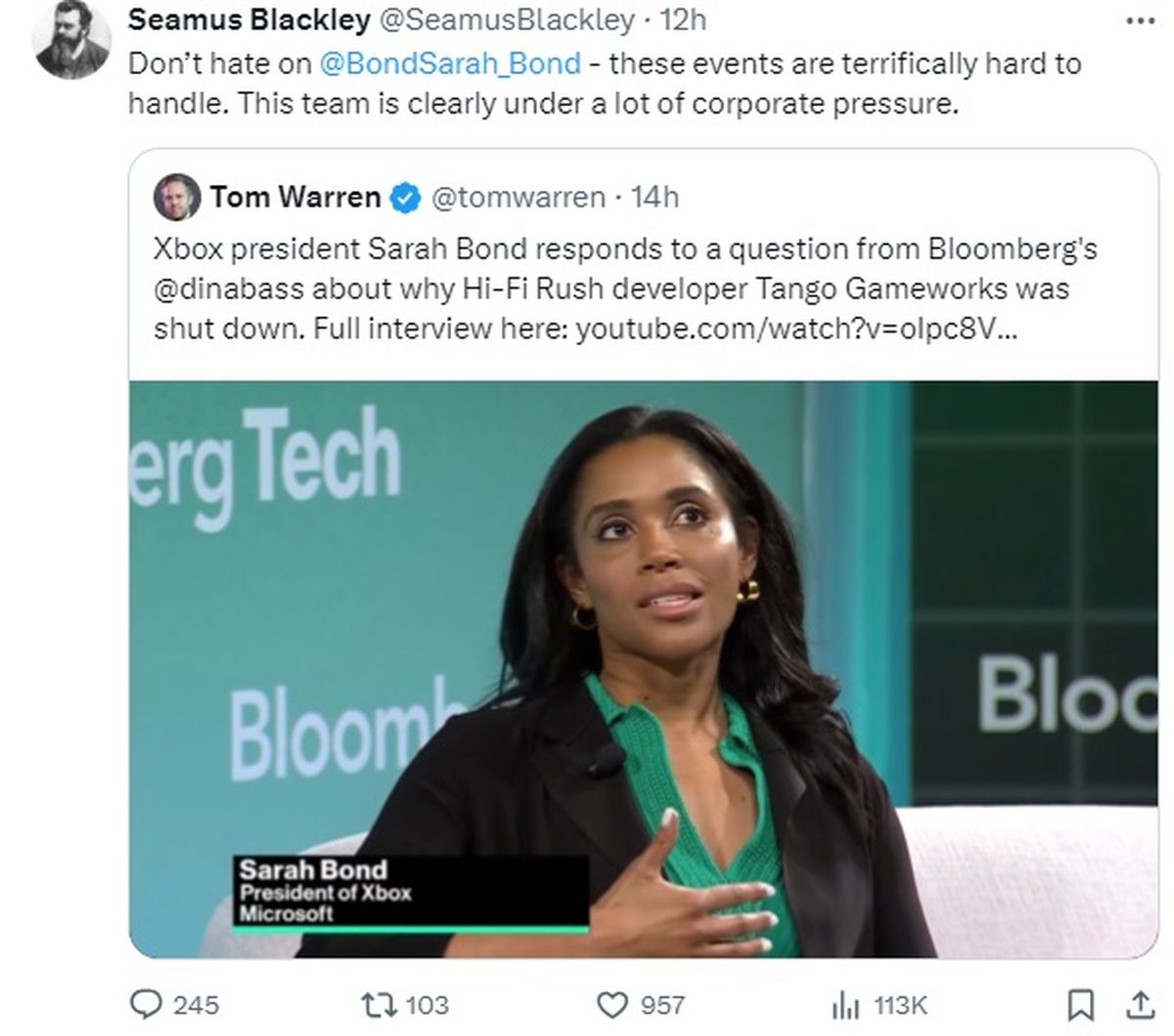if that was true, then MS communication is criminally horrible, announcing the closure without saying that they were reassembling the core team.The CEO of MOON Studio advises website and network owners not to write about things they know nothing about just to generate interaction and increase traffic regarding the closure of studios within Microsoft.
️ He believes that Microsoft likely closed the studios with the aim of reshaping them, gathering successful developers to work on the same successful project but in a new place and format, focusing solely on the project itself. He sees the closure of Tango Studio as an example of this belief, where Microsoft might reassemble the core team of developers to work on something equally amazing.
️ The president said that the reporters and the sites describes the situation as: "The evil publisher destroys the studio that created a wonderful game due to clear greed."
️ However, based on his experience, he believes that if his assumption were to happen, the headlines should be: "The publisher made a smart move by placing the core developers in an effective position to deliver more games that we love."
️ He further added that from a publisher's perspective, everyone admired HIFI RUSH, and the talents who delivered the game could create a project even bigger and better than many aspects of HI FI RUSH. It's a much better game than it was before. A producer will be pursued by every publisher in the world because it brings in a lot of money for them.
️ He doesn't believe that Microsoft is stupid to the extent of cutting off clear paths to success with exceptional developers, and while this may happen, typically, and according to his experience, these decisions are made to reach a better and more advanced level.
I supported MS when they purchased Activision -which kinda was in shambles- because I thought it wouldn't have any bad side effect in the industry, and imho it didn't, but I wonder how are they going to recover their image as a brand with the Xbox. This is worse than the Kinect days.



